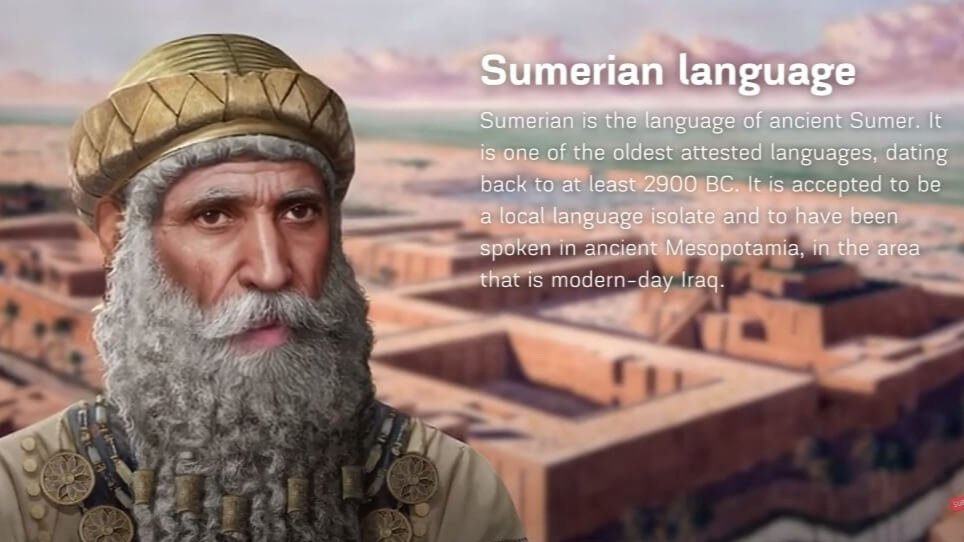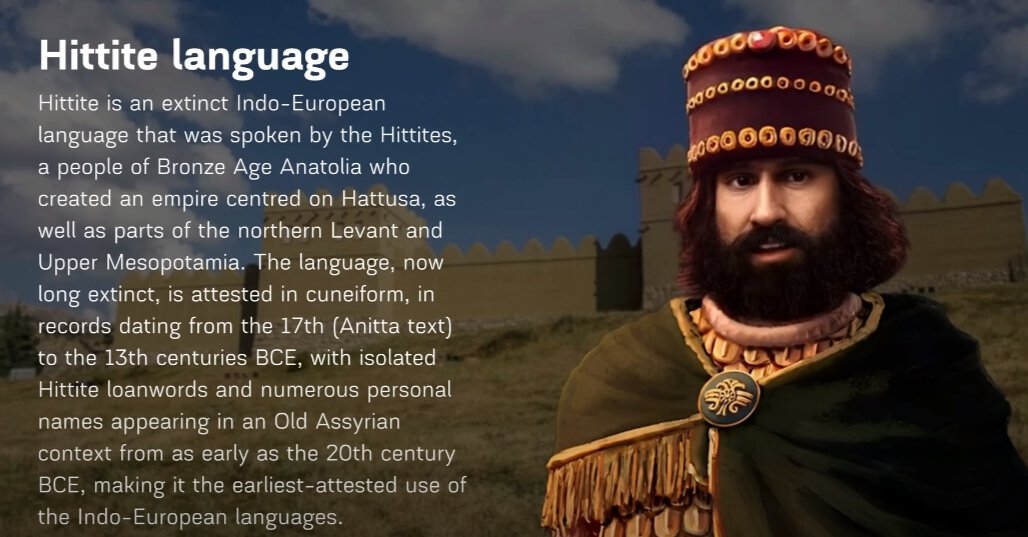Have you ever pondered the enigmatic sounds of ancient languages and wondered what they might have sounded like? Thanks to the wonders of artificial intelligence (AI), your curiosity can now be satisfied. Enter the captivating realm of Equator AI, a YouTube channel on a noble mission to "preserve and revive the past of mankind, making it closer and more understandable for people of our era." Through a mesmerizing video series, Equator AI invites us to embark on a linguistic time-travel journey where long-forgotten languages come to life.
In their fascinating videos, Equator AI presents a captivating array of ancient tongues, including Old English, Akkadian, Sumerian, and Old Chinese, among many others. Each linguistic gem reveals a different facet of human history, offering glimpses into civilizations long gone. One of the most striking revelations for modern English speakers is the stark contrast between Old English and its contemporary counterpart.
Old English, a Germanic language spoken from the 5th to the 11th century, might appear utterly alien to today's English speakers. This linguistic transformation is in part due to the Great Vowel Shift, a significant phonological change that occurred between the 15th and 18th centuries. During this transformative period, English speakers began pronouncing their long vowels differently, leading to substantial alterations in the language's sound and phonetics.
Witnessing the disparity between Old English and Modern English is akin to listening to an entirely foreign dialect. The structural and grammatical variations that permeate Old English only amplify this sense of otherness. For those who dare to venture back to the 12th century, comprehending the essence of a conversation would prove an arduous task.
Yet, despite the linguistic chasm separating Old English from today's English, the ancient tongue, along with its counterparts like Sanskrit and Aramaic, is an auditory treasure trove. It beckons us to listen intently, to unearth the echoes of the past that have survived through the ages.
The linguistic diversity unearthed by Equator AI's videos extends beyond the realms of Old English. Akkadian, an ancient Semitic language spoken in Mesopotamia, and Sumerian, the language of one of the world's earliest civilizations, offer us glimpses into the origins of human expression. These languages, once lost in the annals of time, can now be experienced through the marvel of AI.
Old Chinese, with its intricate characters and melodious cadence, reveals the linguistic roots of a culture that has thrived for millennia. Equator AI's dedication to preserving these linguistic relics allows us to bridge the gap between our modern world and the distant past. It reminds us of the rich tapestry of human communication and the profound impact language has had on our history and culture.
As we delve into the linguistic wonders offered by Equator AI, we find ourselves on a journey of discovery, one that transcends time and space. These videos serve as a testament to the power of technology in resurrecting the voices of the past, giving us a chance to connect with our ancestors through the medium of language.
In a rapidly changing world, Equator AI's commitment to preserving and sharing ancient languages is a reminder of the enduring importance of our linguistic heritage. It allows us to appreciate the complexities and beauty of languages that once flourished and to reflect on the evolution of our own linguistic journey.
So, the next time you find yourself wondering about the sounds of ancient languages, remember that, with the aid of AI, the past is no longer a mystery. Equator AI's videos provide us with a mesmerizing window into the linguistic past, a gateway to understanding the voices of those who came before us.









